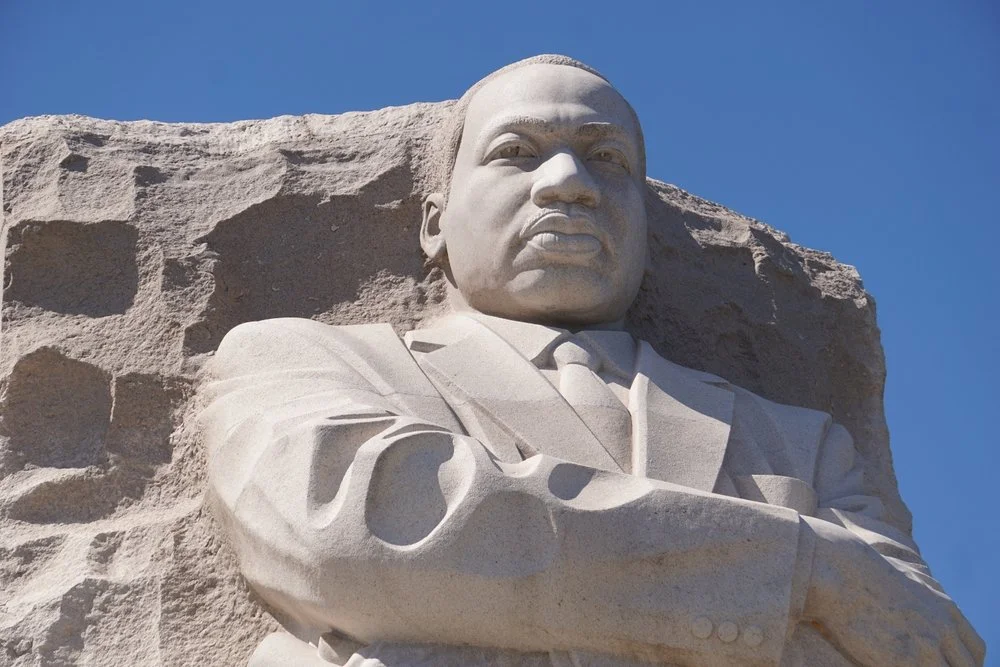The Result Wasn't What I Wanted: But, I'm Not Discouraged
Have you ever been disappointed? Of course you have — we all have.
And maybe, like me, you’ve even experienced times when that disappointment morphed into discouragement.
The subtle, yet powerful, distinction between disappointment and discouragement has been on my mind. Because as you likely know, I hosted the Pricing Made Human® Masterclass this past Thursday. It was an absolute blast!
But, I missed my guest count and revenue goals — by a wide margin.
This, despite stepping out of my comfort zone to spread the word, redesigning tools to make them even more impactful, and tightening the back-end operations to help folks track their results more easily.
It sucks to miss the mark! Can you relate?
And yet, as we neared the event date and it was clear I’d fall short, I surprised even myself when I said to a friend:
“I’m disappointed, but not discouraged.”
I meant every word. I truly wasn’t trying to psyche myself out with some false positivity b.s.
And while I said it before the masterclass, I felt it even more after. Because being in the Zoom room — facilitating shifts, witnessing aha moments — reminded me that although the numbers weren’t what I envisioned, the event was far from a failure.
Ultimately, the sales and turnout results were feedback. Nothing more, nothing less.
Leaning into this awareness has actually energized me.
It reminded me that disappointment is natural and fleeting — a signal, not a sentence. Discouragement, though, is what happens when disappointment overstays its welcome.
I’ve seen this play out in so many ways beyond my own experience.
The business owner who launches a new service only to hear crickets at first.
The attorney who pours hours into preparing for a case but doesn’t win.
The professional who aims for a promotion and is passed over.
In each scenario, disappointment is almost inevitable. But discouragement is optional. The difference often lies in how quickly you’re able to interpret the results as feedback — not as a final verdict.
One practice that helps me is asking:
”What is this moment showing me that I wouldn’t have seen otherwise?”
It doesn’t erase the sting, but it shifts me from judgment to curiosity.
And curiosity has a way of cracking the door to possibility.
Yet, both disappointment and discouragement contain a great deal of wisdom because they tend to bubble to the surface in the midst of the trifecta that is transitions, uncertainty, and expectations.
So, let me ask you:
How do you manage your expectations in uncertain situations?
What is required to give yourself permission to feel disappointed without letting it derail your motivation or lessen your focus?
How do you know when disappointment is tipping into discouragement?
September’s theme is about transitions. And it would be incomplete without acknowledging the reality that disappointment — and sometimes discouragement — can show up along the way.
So here’s my invitation to you:
Feel your emotions, but also get curious about them.
If you’re feeling disappointed, what is that moment trying to teach you?
If you’re feeling discouraged, what does it reveal about your expectations, timing, or process?
And in what ways might either one hold the seeds of resilience, adaptability, and even surprise wins?
Because disappointment doesn’t have to derail you. In fact, it can become proof that you’re stretching, experimenting, and growing.
And that’s the part I find encouraging. It can be the very thing that fuels your next breakthrough.
If you’re navigating a disappointment right now, let’s talk. Together we can explore how to turn it into clarity, resilience, and more intentional choices — whether in business, money, or life. Just click the scheduling link. I’d love to help.
About Jacquette
I love to ask questions and spark aha moments. I love to talk about why success with money is about more than just the numbers, and how the cultural impact on the intersection of money, business, and life matters–A LOT! And, I really hope I help people feel seen, heard, and not judged—especially since money is emotional and personal.





